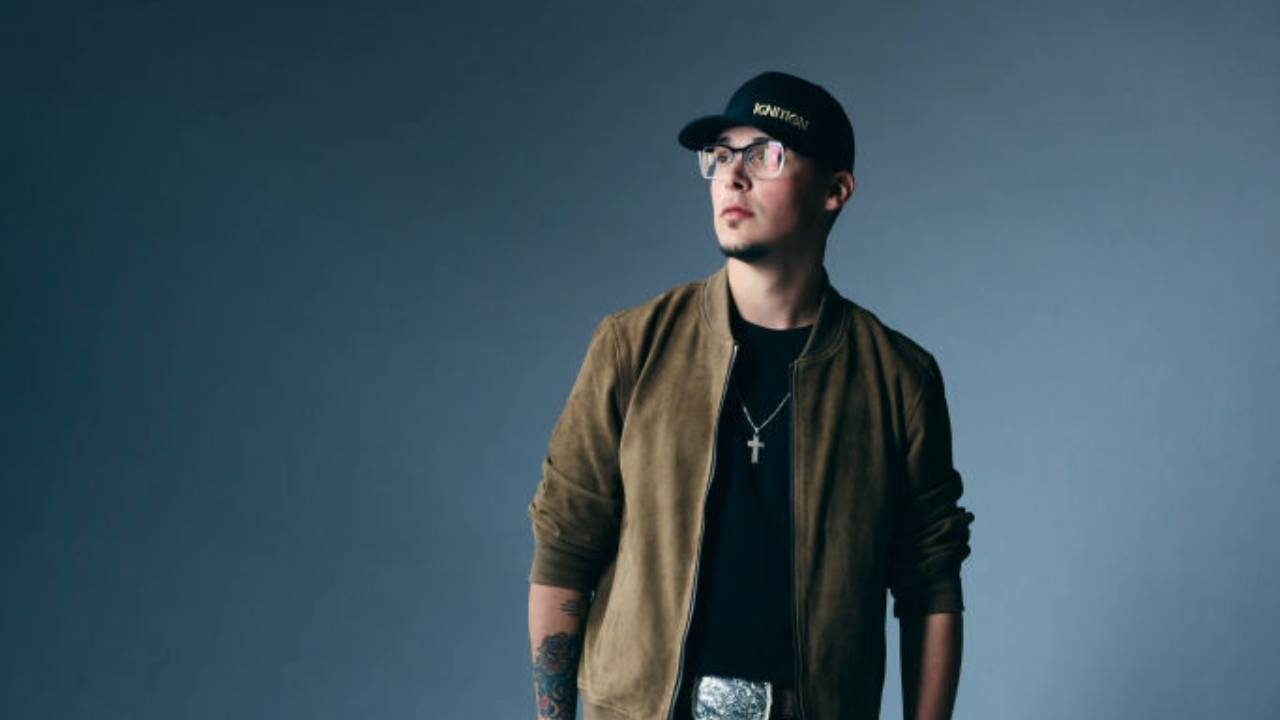NASHVILLE SKYLINE: Glen Campbell and the Wrecking Crew
(NASHVILLE SKYLINE is a column by CMT/CMT.com Editorial Director Chet Flippo.)
I long did not know that most of the recorded music that I heard coming from Los Angeles singers, groups and producers from the 1960s and 1970s, such as the Beach Boys, the Mamas and the Papas, the Byrds, Phil Spector, the Monkees and others, was not actually played by the groups and artists themselves but by a small, close-knit group of anonymous studio musicians that came to be known as the Wrecking Crew. Never credited on the final albums, never paid album royalties, they nonetheless took enormous pride in their work.
Just like the famous A-Team studio musicians in Nashville (who played on thousands of hit records and albums) and the current generation of Nashville studio cats, they got little or no fanfare and no recording royalties. And there have been other pockets of great studio musicians, at Motown, in Philly, in Memphis, in Muscle Shoals, in New York City. But I'm not sure that a single sound was as forged and dominated by anonymous studio cats as was the L.A. scene for years.
A recent book titled The Wrecking Crew: The Inside Story of Rock and Roll's Best-Kept Secret, by Kent Hartman, is a fascinating account of the studio work of these revolutionary musicians.
Why are studio musicians so often used on recording sessions? For one thing, many band members are not good enough -- and quick enough -- to do a good job in relatively short recording sessions. In a recording studio, time is money, and producers and arrangers prefer truly accomplished musicians who are also quick learners and are able to learn and play the hell out of several songs in one session. And to play as a group. Many of the bands don't like being replaced in the studio, but they're usually overruled.
I have heard about and personally witnessed several interesting encounters between Nashville stars and their studio doppelgangers, who musically eclipse most of the stars and their bands. One famous story involves a very prominent and hit-heavy Southern country group who were cutting an album in Nashville toward the end of their career. A very flashy studio guitarist finished a blistering solo on one of the group's new songs. Then, he said, "Now, I'll throw in some licks that the Fat Boy can actually play on the road."
Suddenly, there came a voice over the studio intercom from the dark control room. "This is the Fat Boy," came a very loud and very irritated voice. "You're fired!"
Glen Campbell was probably the most talented member of the L.A. Wrecking Crew -- so called because they were young and wearing jeans and T-shirts and wrecked the existing studio system and replaced the old suits who had been the L.A. studio cats for years. As Hartman notes in his prologue, "If a rock-and-roll song came out of an L.A. recording studio between about 1962 and 1972, the odds are good that some combination of the Wrecking Crew played the instruments."
The Crew members came from all over the United States, fledging musicians drawn by the glamour of the California music scene. Campbell came from rural Arkansas. He played on hundreds of songs and replaced Brian Wilson in the Beach Boys' live shows when Brian took himself off the road. Unlike this week, in 2012, when Mike Love clumsily fired Brian from the Beach Boys' upcoming 50th reunion tour. The last time I talked to the Beach Boys, I asked their thoughts about their lasting rock legacy. Mike Love spoke up first, and said, "We're entertainers. Always have been. Always will be."
Bassist Carol Smith (later Carol Kaye) came from Everett, Wash. Among her many credits were "Wichita Lineman," Pet Sounds and "Help Me, Rhonda."
Drummer Hal Blaine (born Hal Belsky) came out of Hartford, Conn. His credits include "Mrs. Robinson," "California Dreamin'" and "By the Time I Get to Phoenix."
Keyboardist Larry Knechtel came out of Bell, Calif. Among his many honors was a Grammy for "Bridge Over Troubled Water."
Bassist Joe Osborn, from Madison Parish, La., played on such songs as "Bridge Over Troubled Water," "Holly Holy" and "Aquarius/Let the Sunshine In."
Drummer Jim Gordon, after leaving the Crew, co-wrote "Layla" and joined Eric Clapton's Derek & the Dominoes. And the list of Crew players and big hits goes on and on, for page after page.
They made records for Simon & Garfunkel, the Beach Boys, Frank Sinatra, Sonny & Cher, the Grass Roots, the 5th Dimension, Jan & Dean, Johnny Rivers. the Crystals, the Righteous Brothers, Gary Puckett & the Union Gap, Paul Revere & the Raiders, the Carpenters, Neil Diamond, Captain & Tennille ... and the list goes on.
Eventually, as the years went by and the Crew members began aging and new artists came to dominate the L.A. scene, the Crew members came to be replaced by a new order, the next generation of studio cats. But the Wrecking Crew years were a sort of golden age for Southern California music.





